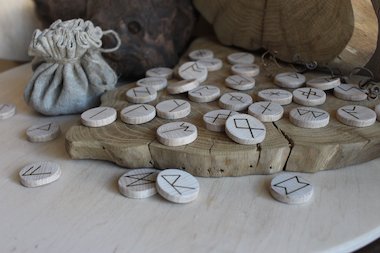The Anglo-Saxons: topic summary
Add to My Folder
Our handy topic summaries can be used to support homework, as well as providing helpful collections of related resources for teachers to use in school or for parents to use for home learning.

The Anglo-Saxons were races of people who came from Northern Europe, especially Germany, and Scandinavia. They began to settle in Britain from about 410 C.E. at about the same time the Romans were leaving. They were looking for new land to farm or may have been forced out of their homelands by disputes. As their influence grew, Britain became divided up into a number of different kingdoms with a separate ruler like Wessex, the land of the west Saxons and East Anglia, the home of the east Angles.
We know quite a lot about the lives they led because of the Anglo-Saxon Chronicles, a series of books which plotted their history and were regularly updated. They were the first written accounts of Britain’s history. The manuscripts were painstakingly hand-written by monks and often highly decorated using simple inks and paints. Important artefacts, including jewellery, tools, weapons and pottery, have been found from this period by archaeologists. One of the most important sites excavated was at Sutton Hoo in Suffolk. Here an Anglo-Saxon chief was buried with his ship containing a large collection of treasures. Most Anglo-Saxons were farmers, traders or craft-workers who lived in small villages in large single-roomed houses made of wood and thatch. They kept animals and grew crops but life was often hard and food shortages were common.
Published 28 July 2020
Reviews
You need to be signed in to place a review.